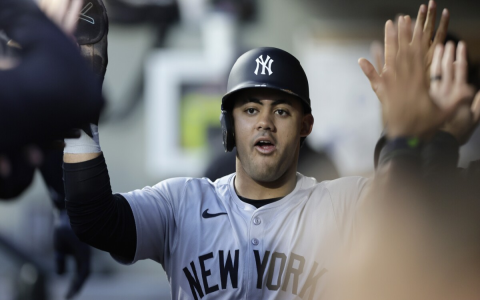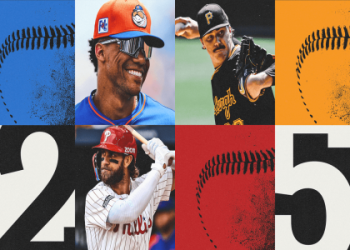Alright, let’s talk about this “athletics yankees prediction” thing. So, I got roped into this little project by some buddies who think they’re baseball gurus. Me? I just like the numbers. They wanted some “expert” insights, and I figured, why not? A little data never hurt anyone.

First thing I did was gather data. And I mean a lot of data. We’re talking team stats, player stats, recent game results, even weather conditions at the stadium. I pulled it all from various sports websites and some free APIs I found online. It was kinda messy, honestly. Took a while to clean it all up and get it into a usable format.
Next up, data analysis. I messed around with some Python libraries like Pandas and NumPy to crunch the numbers. Tried to identify key trends. Like, which team performs better against left-handed pitchers? Which players are on a hot streak? Stuff like that.
- Team Stats: Wins, losses, runs scored, runs allowed, batting averages, ERA, you name it.
- Player Stats: Individual performance metrics, focusing on recent games.
- Head-to-Head Records: How the Athletics and Yankees have performed against each other in the past.
Then came the fun part: building a model. I experimented with a few different approaches. Started with a simple linear regression model, but it wasn’t very accurate. Then I tried a more complex model using scikit-learn. It involved a bunch of different factors weighted according to their importance.
The tricky bit was feature selection. Which stats really mattered? Which ones were just noise? I used a combination of intuition and statistical techniques to narrow down the list. Ended up focusing on things like batting average with runners in scoring position, starting pitcher ERA, and recent bullpen performance.
After that, I had to train the model using historical data. This involved feeding the model a bunch of past game results and letting it learn the relationships between the stats and the outcomes. Then I tested the model on a separate set of data to see how well it could predict the results. Tuning the parameters was a pain, but eventually I got something that seemed reasonably accurate.
Finally, I ran the model on the upcoming Athletics-Yankees game. Plugged in the latest stats and let it do its thing. The result? Well, I’m not gonna tell you the exact prediction. My buddies are already betting on it, and I don’t want to jinx anything. But let’s just say the model is leaning one way, but with a pretty low confidence level. Baseball is unpredictable, after all.
Lessons Learned
This whole exercise taught me a few things. First, data analysis can be a lot of work, but it can also be pretty rewarding. Second, even the most sophisticated models aren’t perfect. There’s always an element of chance involved. And third, never underestimate the power of a good hot dog at the ballpark. Might be the real secret to predicting baseball games after all.


















